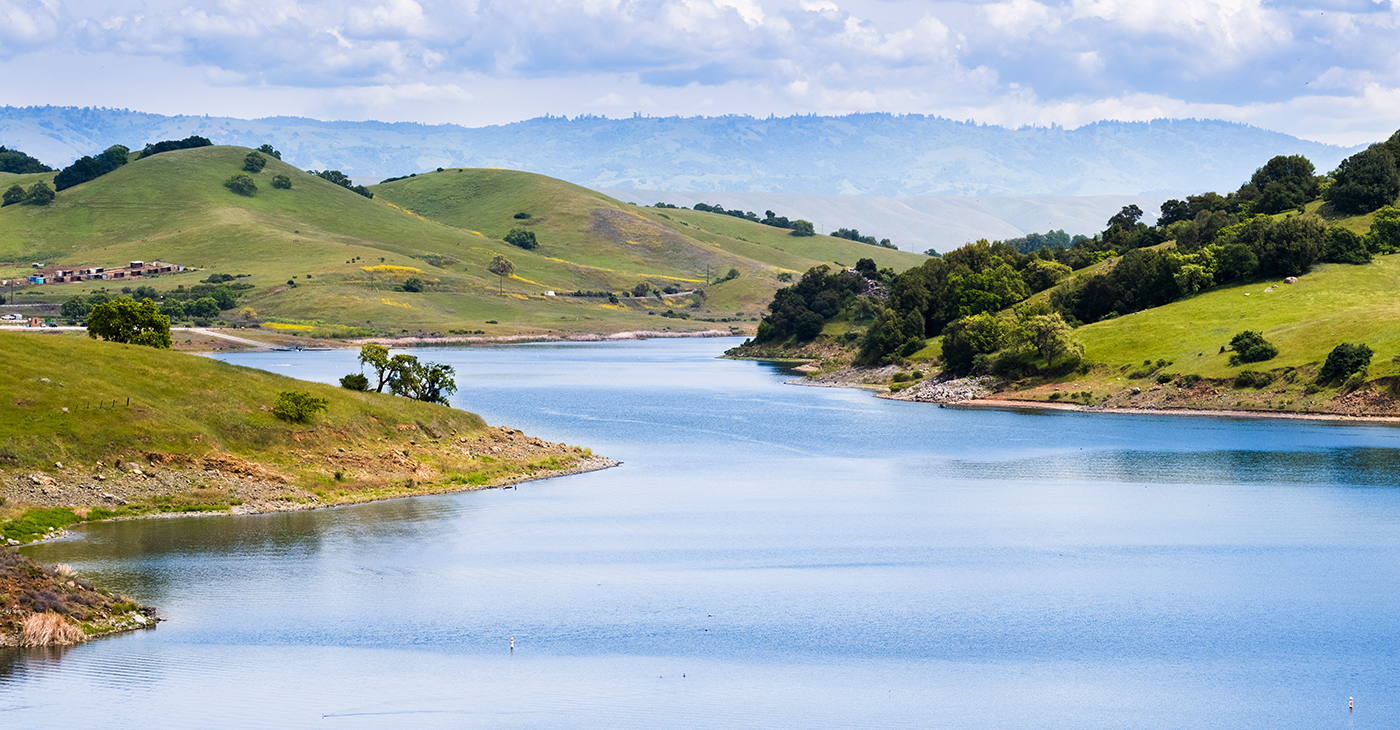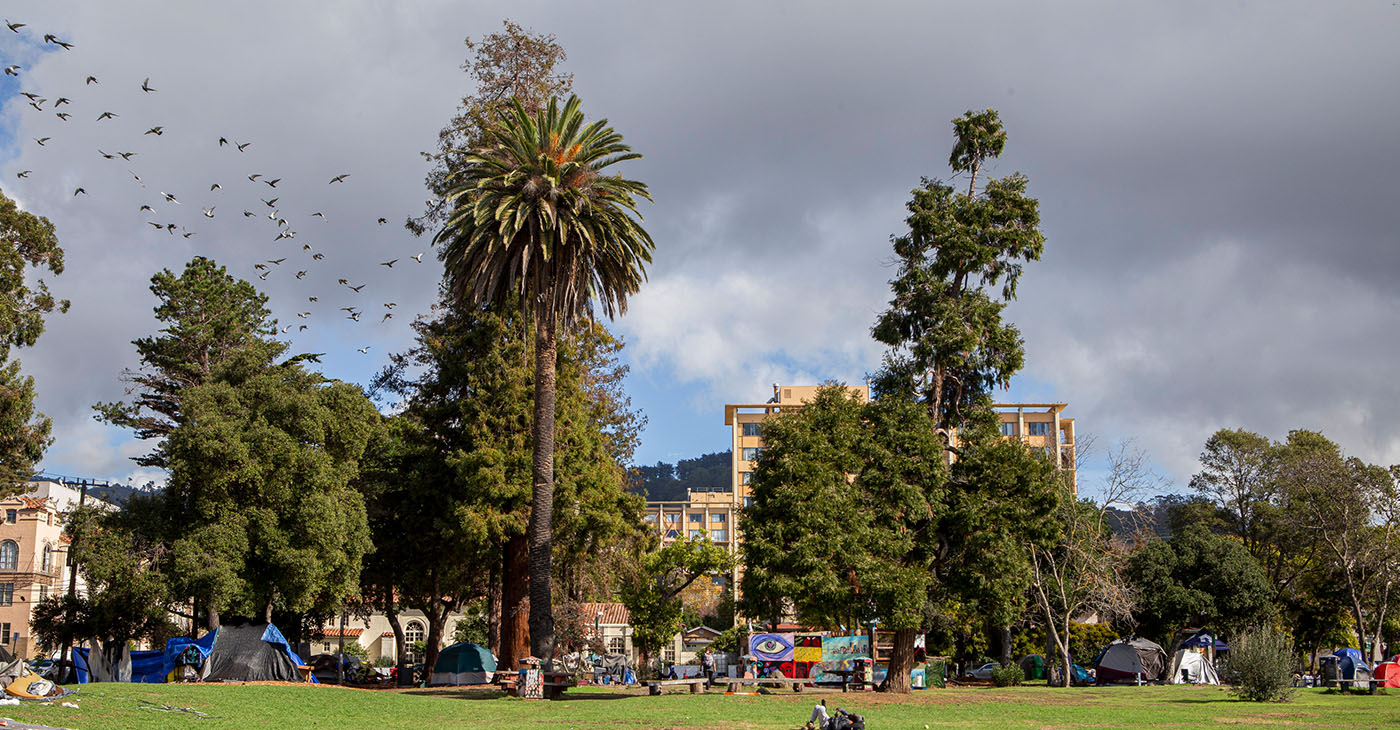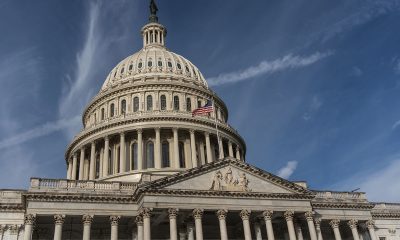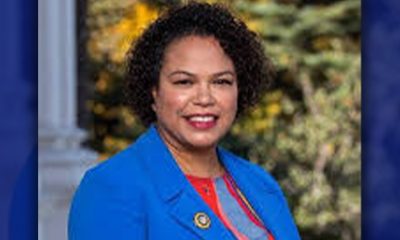BayCityNews
State Sen. Dodd Introduces Bill to Improve Measurement of Local Waterways
Senate Bill 361 would require the state’s Department of Water Resources and the State Water Resources Control Board to reactivate dormant stream gauges, update existing ones or install new ones throughout the state by 2030. SB 361 would also require data from gauges that are installed and operated with public funding to be posted publicly within 10 days of collection.

BayCityNews
SAN LEANDRO: INTERIM POLICE CHIEF APPOINTED TO PERMANENT ROLE
Bay Area
Arrests Made at People’s Park as Preparations For Construction on Site Begin Again
Seven people were arrested early Thursday morning at Berkeley’s People’s Park as fencing was put up in preparation for a controversial construction project to build housing for students and formerly unhoused people on the public park.

Bay Area
Appeals Court Denies Request to Revisit Berkeley’s Natural Gas Ban
The U.S. Court of Appeals for the 9th Circuit has ruled against Berkeley’s pioneering natural gas ban. In a majority decision filed Tuesday, the court said Berkeley’s ordinance banning gas pipelines in new construction runs afoul of the federal Energy Policy and Conservation Act.

-

 Activism4 weeks ago
Activism4 weeks agoDesmond Gumbs — Visionary Founder, Mentor, and Builder of Opportunity
-

 Activism4 weeks ago
Activism4 weeks agoFamilies Across the U.S. Are Facing an ‘Affordability Crisis,’ Says United Way Bay Area
-

 Alameda County4 weeks ago
Alameda County4 weeks agoOakland Council Expands Citywide Security Cameras Despite Major Opposition
-

 Activism4 weeks ago
Activism4 weeks agoBlack Arts Movement Business District Named New Cultural District in California
-

 Alameda County4 weeks ago
Alameda County4 weeks agoBling It On: Holiday Lights Brighten Dark Nights All Around the Bay
-

 Activism4 weeks ago
Activism4 weeks agoLu Lu’s House is Not Just Toying Around with the Community
-

 Activism4 weeks ago
Activism4 weeks agoOakland Post: Week of December 17 – 23, 2025
-

 Activism3 weeks ago
Activism3 weeks agoFirst 5 Alameda County Distributes Over $8 Million in First Wave of Critical Relief Funds for Historically Underpaid Caregivers


















































